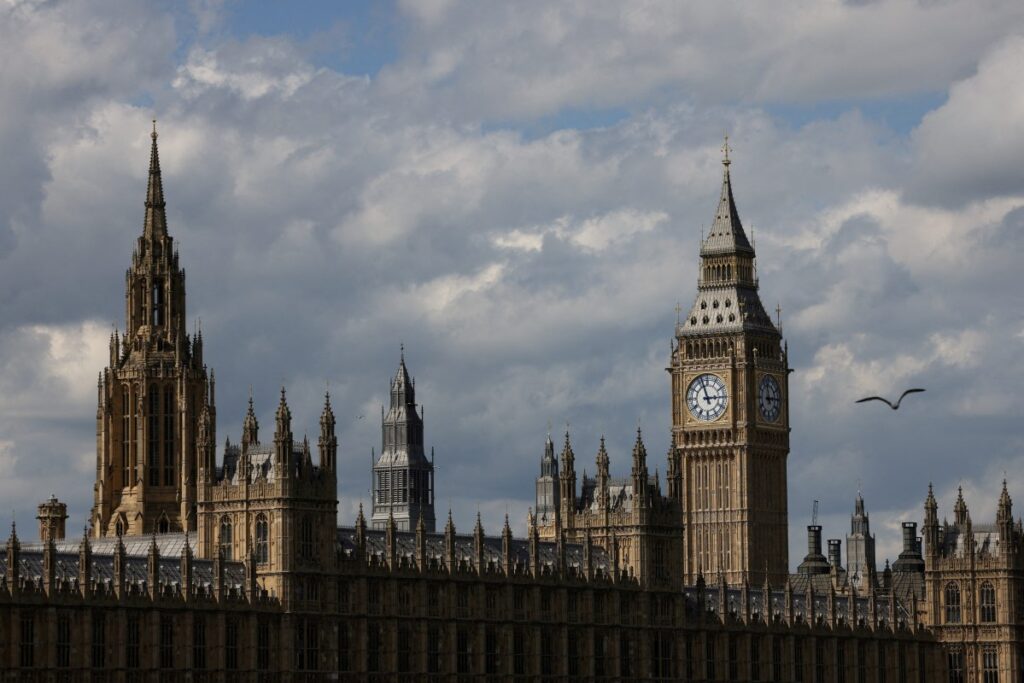A woman publicly denounced as a Chinese spy by MI5, Britain’s intelligence agency, has spoken out against the “politically-motivated” decision that has left her life in ruins. Christine Lee, a lawyer, was accused of involvement in political interference activities on behalf of China’s ruling Communist Party in a notice circulated by MI5 in January 2022. The alert, which accused Lee of facilitating financial donations to UK parliamentarians on behalf of foreign nationals, led to her reputation being tarnished and her career destroyed.
Lee, along with her son, is now suing MI5, claiming that the agency acted unlawfully in issuing the alert. She believes that she was used as a “political football” to deflect attention from then Prime Minister Boris Johnson’s issues. MI5, however, maintains that the alert was necessary for national security to protect parliamentary democracy from foreign interference.
The case of Christine Lee is just one example of the escalating tensions between Britain and China in recent years regarding espionage accusations. Two Britons are facing trial for spying for China, while Beijing has accused a British couple of being spies. Lee, who moved to Britain from Hong Kong in the 1960s, had close dealings with British parliamentarians and Chinese officials, including a private meeting with former Prime Minister Theresa May in 2019.
During the tribunal hearing, MI5’s lawyer defended the agency’s actions, stating that the alert was issued to address a legitimate security risk. The tribunal will determine whether MI5 had the authority to issue the alert notice and if it violated Lee’s human rights. As the case unfolds, Lee remains adamant that she was unfairly targeted and that her life has been irrevocably damaged. The outcome of this legal battle will have far-reaching implications for the murky world of espionage and national security.
